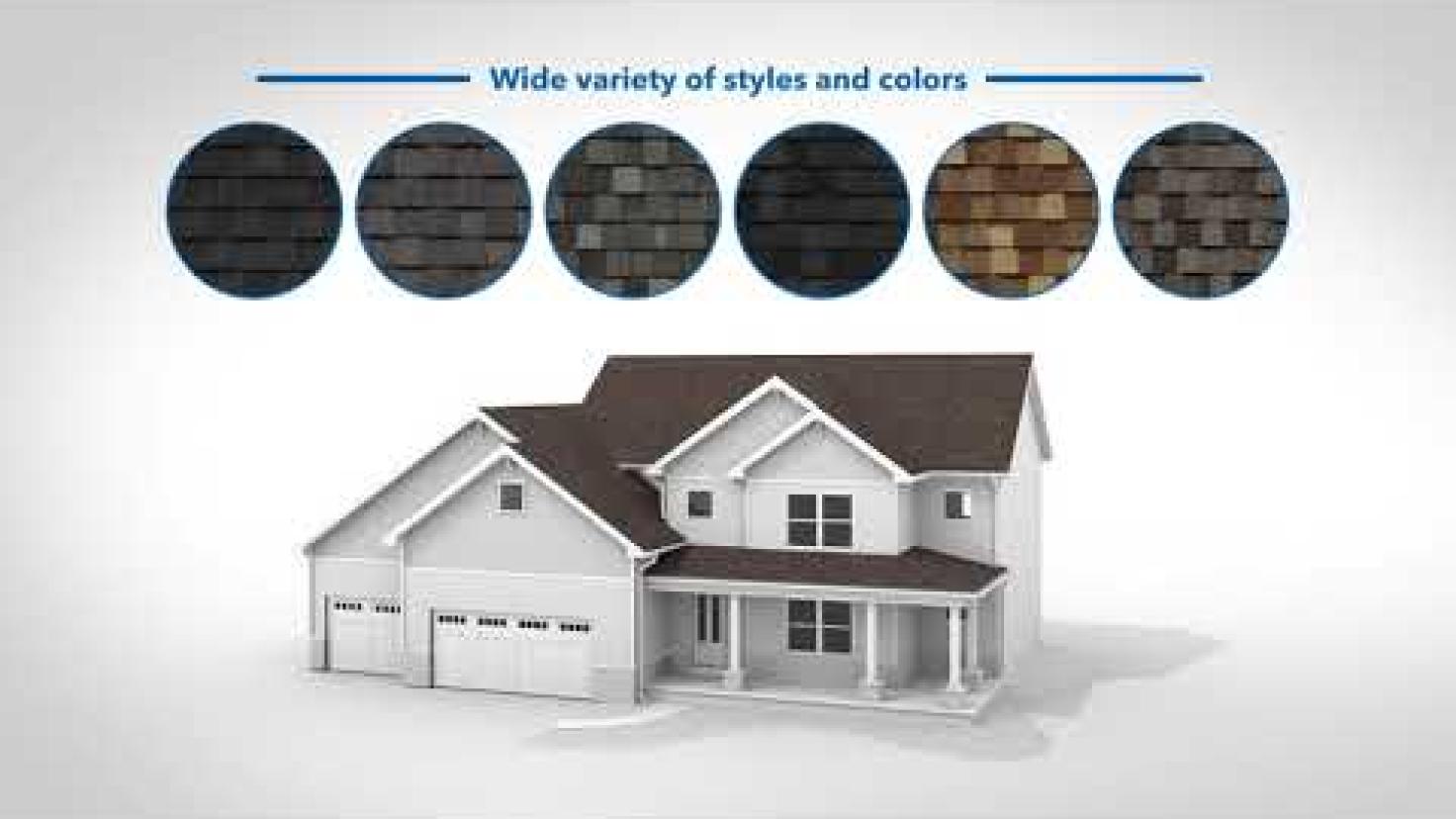Without a background in construction, it is often difficult to judge roof damage after a storm. Very often, roof damage isn’t as obvious as a hole in the roof or missing shingles. Here are some facts that can help you understand the different ways that a storm can damage your roof, and how to choose the right roofing for your home.
Fact: Not All Roof Damage is Visible to the Naked Eye
Did you know that impact of hail on roofing shingles can result in small tears that create an entry point for moisture, yet still leaving a roof ‘looking okay’ after the storm has passed? Or that strong windstorms can loosen shingles and other parts of a roof system, causing damage that escapes a homeowner’s notice until a leak suddenly appears inside their home? Those heavy icicles that form at the edge of your roof may add a bit of winter charm, but they are also a sign of ice damming – a destructive freeze-thaw cycle caused by poor roof ventilation that literally separates shingles from the roof deck and creates an access point for water.
Fact: A Patchwork of Roof Components is Often Inadequate
Some roofing contractors use underlayments, ventilation products, roof shingles, and other roof system components from a variety of manufacturers, which at first may not seem like a bad idea. However, installing a system of components from one manufacturer helps ensure that each component performs as designed for its full life expectancy. Also, using components from one manufacturer generally secures stronger warranties (ask about CertainTeed’s Integrity Roof System®). A properly installed asphalt roof system that uses components made by a reputable manufacturer should weather normal exposure to the elements for many years.



